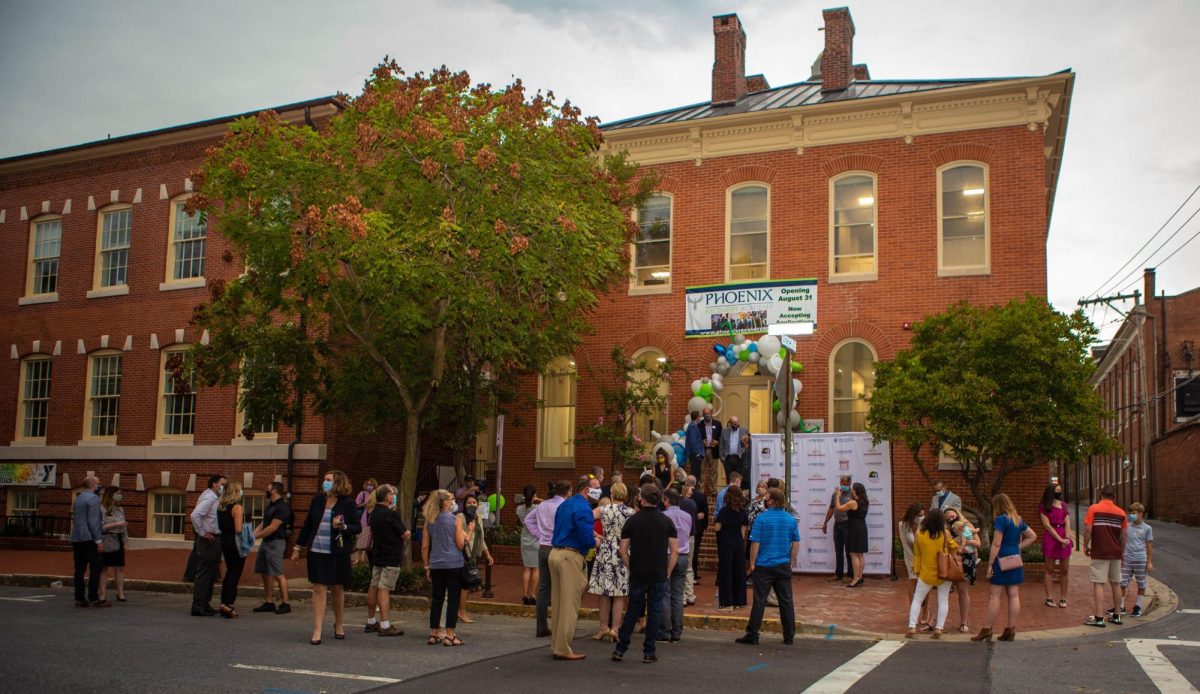Catherine Cummings speaks for the streams… and the kids, the butterflies, the bees, the pets and the fish.
Cummings (‘99) is a founding member of Safe Grow Montgomery, a local volunteer-based environmental group. The group is a longtime advocate for Bill 52-14, a law recently passed by the Montgomery County Council that bans the use of pesticides on most county-owned and private lawns.
Aside from several smaller local governments, Montgomery County is the largest local jurisdiction in the entire country to pass a law that bans these pesticides on public and private property.
Cummings has a son who suffers from asthma, which is what triggered her to investigate possible pollutants hindering her son’s breathing. What she discovered was shocking: pesticides poisonous to humans are being spread all over the county’s landscape.
According to Kelly Garton, Whitman’s AP Environmental Science teacher, exposure to glyphosate, a chemical commonly used in pesticides, could directly cause cancer.
Cummings’ concerns for the health of her family and the community contributed to her involvement in the campaign to pass legislation that protects against these deadly chemicals.
“The bill will really help children who are routinely exposed to pesticides,” Cummings said. “[Pesticides] affect everyone, but children are particularly vulnerable and pesticides can affect them more profoundly.”
In Takoma Park, she formed a group that advocated for the passage of the Safe Grow bill in 2013. The bill “restricts the use of cosmetic lawn pesticides on both private and public property throughout Takoma Park.”
Inspired by the passage of this law in Takoma Park, environmental advocates from all over the county established Safe Grow Montgomery with Cummings’ help.
Safe Grow Montgomery approached environmental organizations, health organizations, and lawmakers to advocate for the introduction and passage of Bill 52-14.
George Leventhal, the President of the Montgomery County Council, got involved when Safe Grow Montgomery and opposition groups both approached him in 2013 to advocate for their respective positions on the legislation. Leventhal first introduced Bill 52-14 to the Montgomery County Council in October 2014.
“I was motivated to introduce legislation after hearing the concerns of public health experts and parents whose children suffer from the effects of pesticide applications,” Leventhal said. “As more and more constituents appealed to me, I began to educate myself on the issue and the latest science linking pesticides to cancer and other health effects.”
Leventhal became one of the biggest advocates for the bill and played a substantial part in ensuring its passage.
Environmental advocates compromised in the passing of the bill: pesticides will remain on playing fields until 2020 and on golf courses indefinitely.
But in the view of Leventhal and Safe Grow Montgomery, Bill 52-14 is still a step in the right direction.









